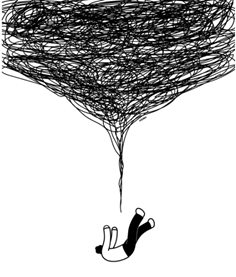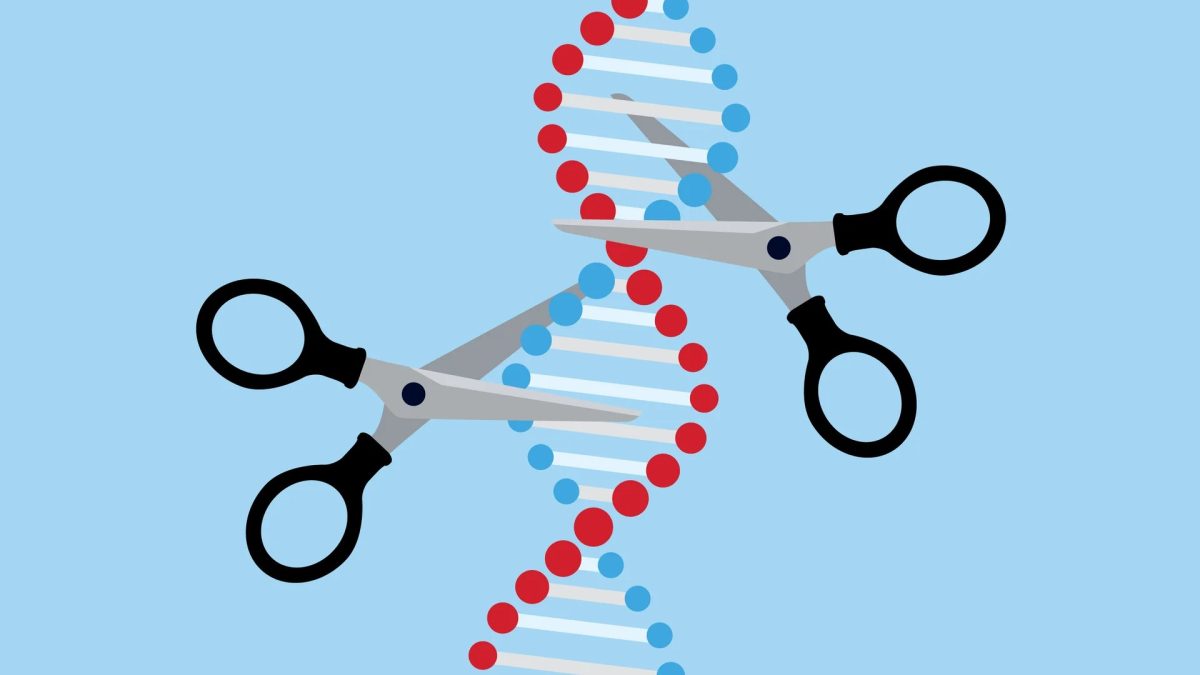Living with stress doesn’t always mean being aware of it.
While individuals diagnosed with mental health conditions such as Generalized Anxiety Disorder (GAD) are often aware of a specific worry or stressor, it’s not always the case.
Terms describing an apprehensive mental state date from the 19th century; Sigmund Freud, the founder of psychoanalysis, coined ‘anxious expectation.’ You can experience stress and anxiety without an active or specific fear.
A persistent sense of unease or worry might exist as a kind of white noise, but this kind of ‘subconscious’ stress, regardless of its intensity, could still have a mental and physical effect.
A 2014 study by Leiden University supports this notion, showing that prolonged physiological stress responses, reflected in measures such as blood pressure and heart rate recovery, correlate with implicit affect rather than our explicit emotional awareness. This raises an important question: If unconscious stress significantly affects our physiology, what can we do about it?
Recognizing the signs of subconscious stress is challenging because its symptoms can be subtle. They might include poor concentration, difficulty making decisions, emotional overwhelm, muscle tension, frequent headaches, intrusive thoughts, perfectionism, or even defensive pessimism. Anxiety, defined as a future-oriented mood state linked to preparing for perceived threats, often does not manifest in obvious ways.
Subconscious anxiety can arise for many reasons and only trained medical or mental health professionals can provide a diagnosis. Skyline High School offers resources for mental health support. If you’re noticing signs of subconscious stress, reaching out to a counselor or healthcare provider can be an important step in managing it effectively.
For more information:
The Hidden Struggle: 7 Key Signs of High-Functioning Anxiety








